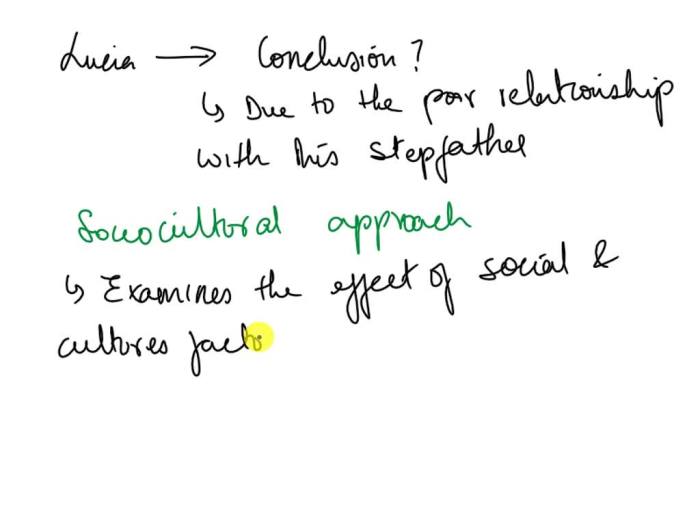Samir has been diagnosed with antisocial personality disorder, a condition characterized by a pervasive pattern of disregard for and violation of the rights of others. This diagnosis raises significant questions about the underlying causes, clinical presentation, and potential treatment options for individuals like Samir.
Antisocial personality disorder is a complex and challenging condition that can have profound implications for individuals, their families, and society as a whole. This article will delve into the diagnostic criteria, etiology, clinical presentation, assessment, treatment, prognosis, and legal and ethical considerations associated with antisocial personality disorder, providing a comprehensive overview of this multifaceted condition.
Questions Often Asked: Samir Has Been Diagnosed With Antisocial
What are the key diagnostic criteria for antisocial personality disorder?
According to the DSM-5, the key diagnostic criteria for antisocial personality disorder include a pervasive pattern of disregard for and violation of the rights of others, beginning in adolescence or early adulthood and lasting for at least 12 months.
What are some common symptoms of antisocial personality disorder?
Common symptoms of antisocial personality disorder include lack of empathy, impulsivity, aggression, deceitfulness, and a disregard for social norms and rules.
What are the potential risk factors for developing antisocial personality disorder?
Potential risk factors for developing antisocial personality disorder include genetic predisposition, childhood trauma or neglect, exposure to violence, and a lack of positive role models.


